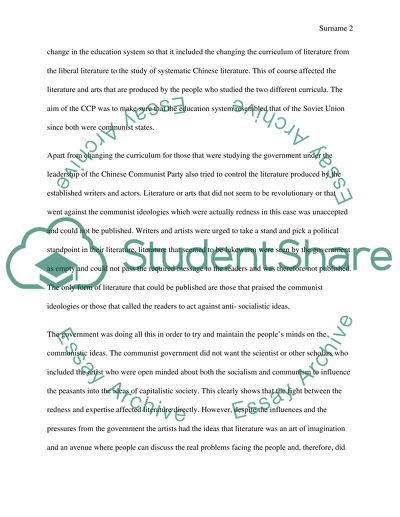Cite this document
(“HST 321-Modern History of China(Final Examination Take-Home Component) Essay”, n.d.)
Retrieved from https://studentshare.org/history/1692546-hst-321-modern-history-of-chinafinal-examination-take-home-component
Retrieved from https://studentshare.org/history/1692546-hst-321-modern-history-of-chinafinal-examination-take-home-component
(HST 321-Modern History of China(Final Examination Take-Home Component) Essay)
https://studentshare.org/history/1692546-hst-321-modern-history-of-chinafinal-examination-take-home-component.
https://studentshare.org/history/1692546-hst-321-modern-history-of-chinafinal-examination-take-home-component.
“HST 321-Modern History of China(Final Examination Take-Home Component) Essay”, n.d. https://studentshare.org/history/1692546-hst-321-modern-history-of-chinafinal-examination-take-home-component.


